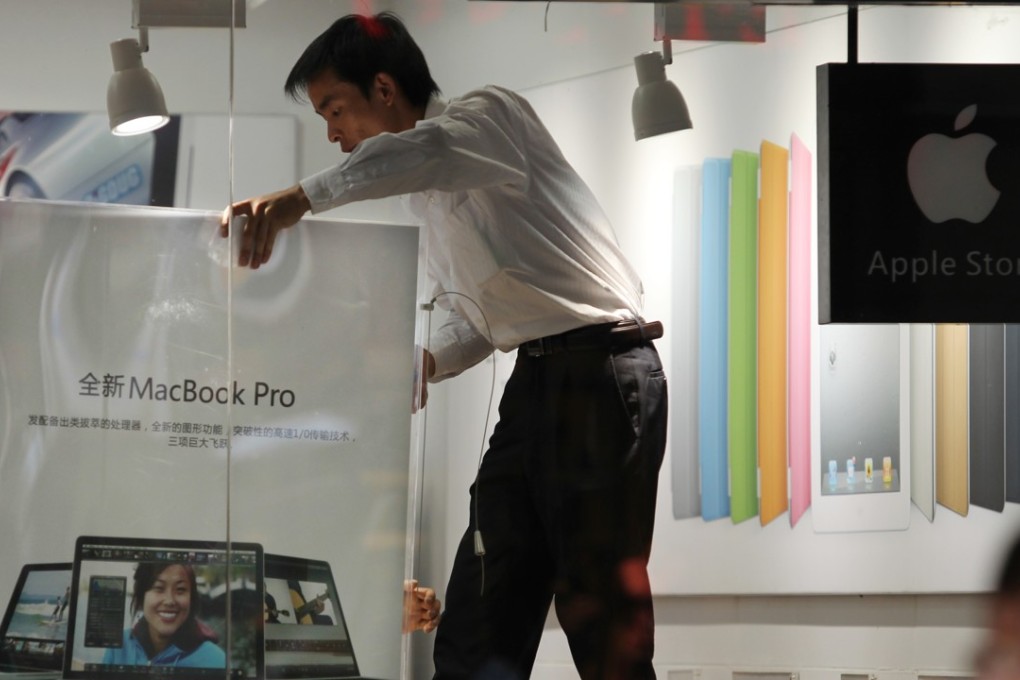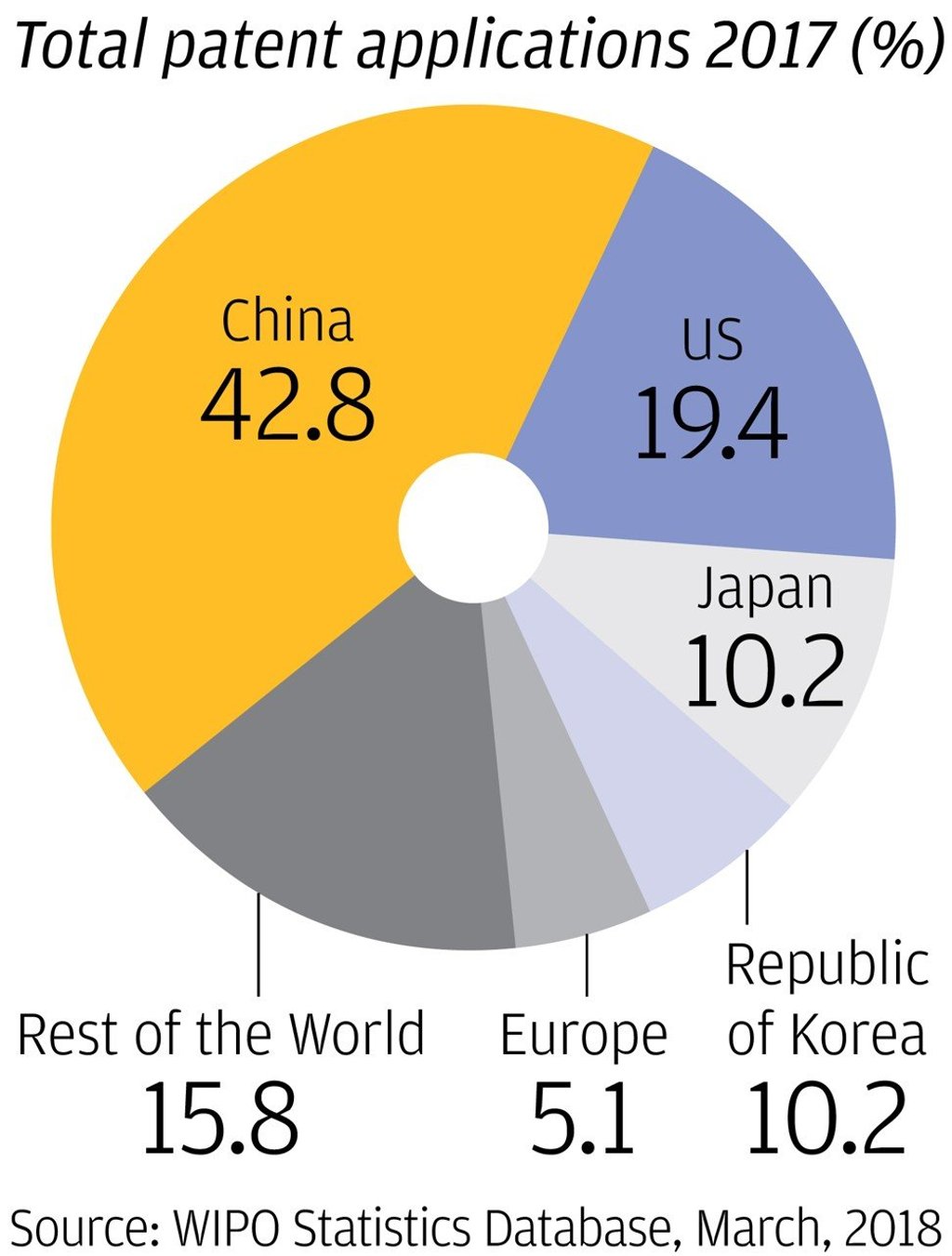China puts IP rights in sight as world’s factory evolves from bootleg hub to top patent owner
China led the world in the number of patents filed last year, holding 42.8 per cent of total filings, up 4.8 percentage points from the previous year

China’s government has restructured an agency and empowered it to crack down on violations, taking the boldest step in decades to strengthen the country’s protection of intellectual property rights, as the world’s factory evolved from a notorious maker of counterfeit goods into a leading holder of patents.
The restructuring of the agency - the State Intellectual Property Office - was first announced early last month during the annual meetings of China’s legislature, but given a fresh impetus and prominence in Chinese President Xi Jinping’s keynote speech at the Boao Forum for Asia conference in Hainan.
China is seeking the “normal” technology cooperation with foreign companies and would protect “legitimate” intellectual property rights of foreign firms in China, Xi said in his televised speech.
China steps up scrutiny of IP transfers to foreign firms on national security grounds
The president’s remarks reflect a recognition that China needs to move away from the long shadow of counterfeits and bootlegs that cast a pall over the push for the “Made in China 2025” blueprint to transform the country into an advanced manufacturing economy.
This is what people are saying, that the Chinese are copying everything. We have to have rules to regulate that
The rules and process related to China’s patents and other intellectual property rights have been the “most sensitive” issue among European businesses operating in the country, taking precedence even before access to the financial markets, said Romano Prodi, former Italian Prime Minister and President of the European Commission.
“This is what people are saying, that the Chinese are copying everything,” Prodi said on the sidelines of Boao. “We have to have rules to regulate that.”
The Chinese president’s pledge is very important, but “must translate into concrete negotiation, discussion, starting from some sort of platform with precise and concrete measures,” Prodi said, adding that it’s also in China’s own interest to improve the country’s protection of intellectual property, since research and Chinese innovation has advanced by so much in the past decade.

